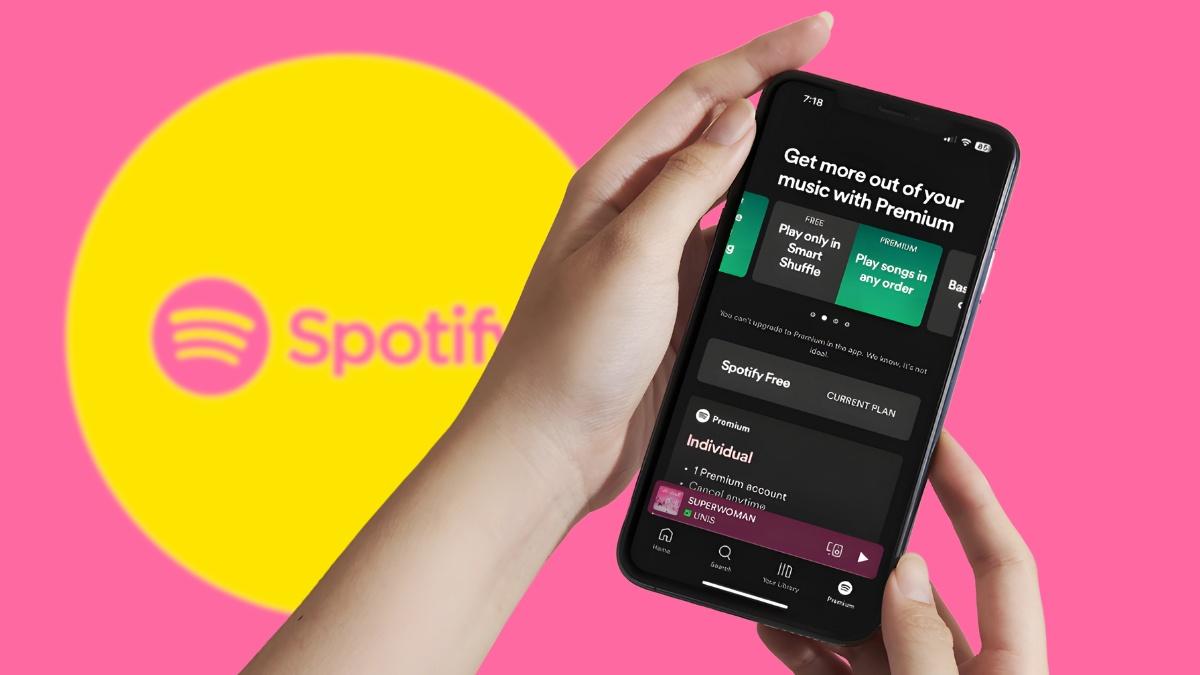Spotify’s goal of being an all-in-one audio platform is getting pricey for its users.
By the end of April, Spotify will increase its subscription prices by $1 to $2 per month in several key markets. According to sources close to the company, this is a bid to improve profits and cover the costs of new services such as the audiobook tier.
This is the second time Spotify has raised its prices. In July 2023, the company changed its fees to $10.99 for individual plans and $16.99 for family plans, saying it was needed to “continue delivering value to fans.”
Spotify’s New Pricing and Services
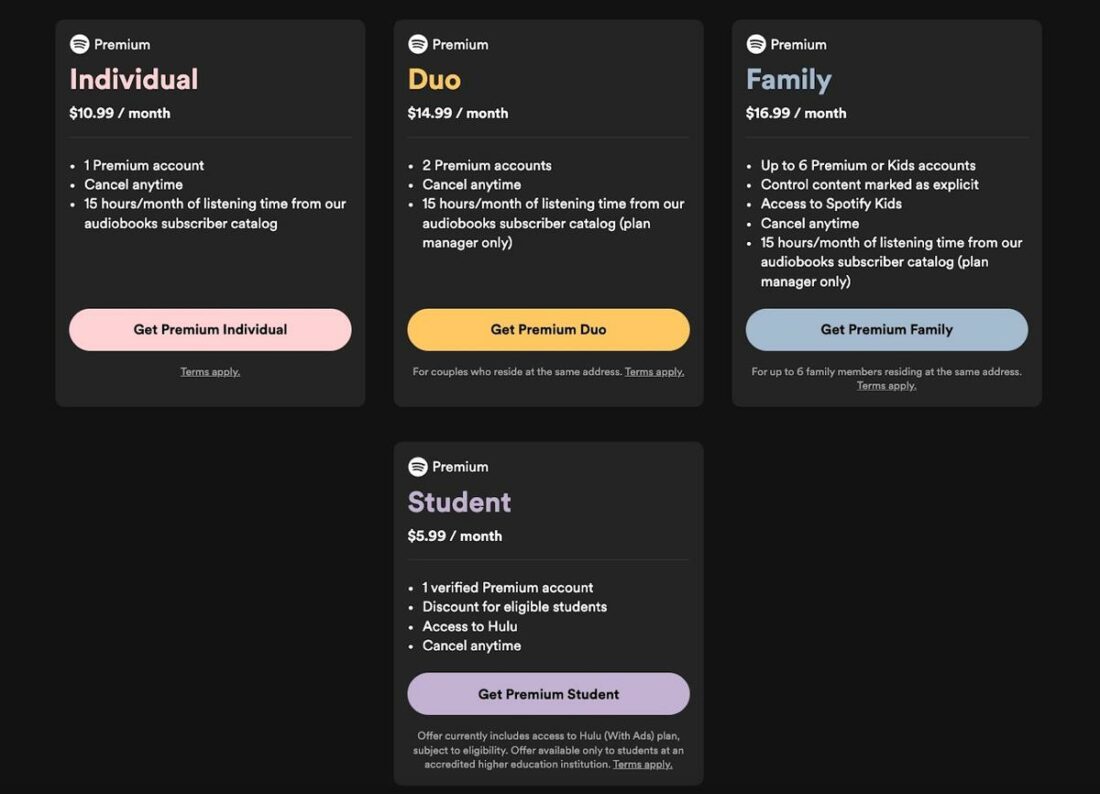
Under the new pricing structure, individual plans will go up by about $1 per month, while Family and duo plans will rise by $2.
The platform’s price change will occur in five markets, including the United Kingdom, Australia, and Pakistan.
On the other hand, the United States, Spotify’s largest market, will also see a similar increase later in the year. This marks the second increase in the country within a 12-month period.
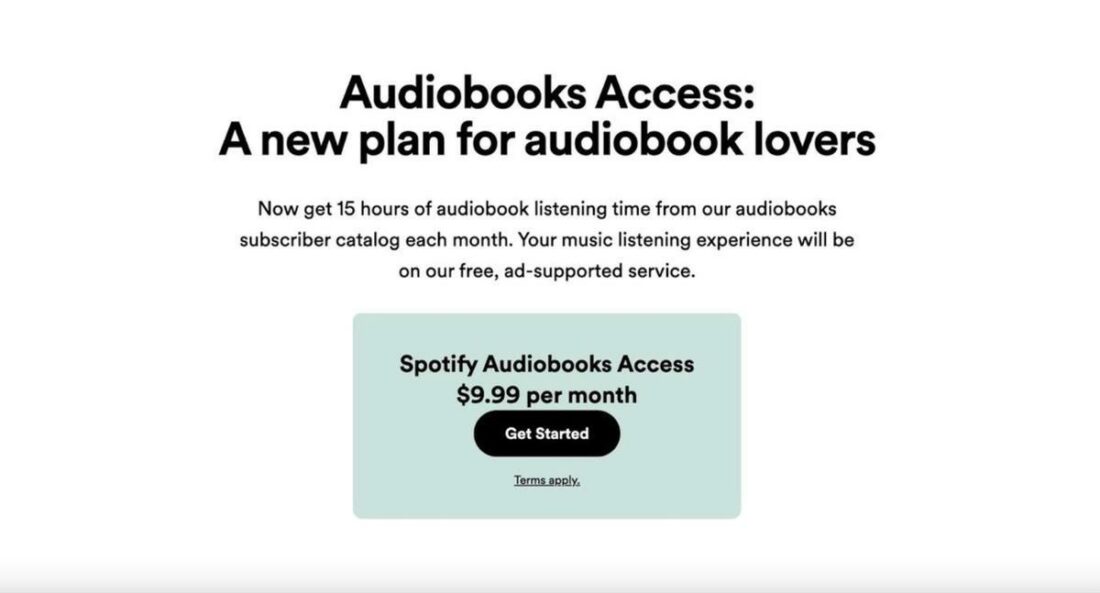
Alongside this change, the company is will bring in a new basic tier. This tier will include access to music and podcasts but not audiobooks. It will be available at the current monthly price of an individual premium plan ($10.99).
Users who want to enjoy Spotify’s audiobook library will need to choose a higher-priced plan or pay for audiobooks separately.
Reasons Behind Spotify’s Price Increase
This move is part of Spotify’s efforts to diversify its offerings and reduce its reliance on the music industry.
The company has invested a lot in podcasts and audiobooks to expand its audio entertainment portfolio. However, these investments have not yet led to consistent profits for the company. In fact, Spotify has reported losses every year since going public in 2018.

Spotify’s move into the audiobook market puts it in direct competition with Amazon’s Audible, the current market leader.
Unlike Audible, which makes customers pay for almost every book they listen to,
Spotify has taken a more accessible approach. It offers limited free access to its audiobook library.
This made Spotify’s audiobook venture successful so far, at least in terms of consumption.

But it has not been a profitable move. While Spotify pays publishers for these books, it has not been collecting extra money from listeners who stay within the monthly limit.
Although Spotify earns money from those who listen for more than 15 hours, the company needs to raise prices to sustain the service.
The Financial State of Spotify
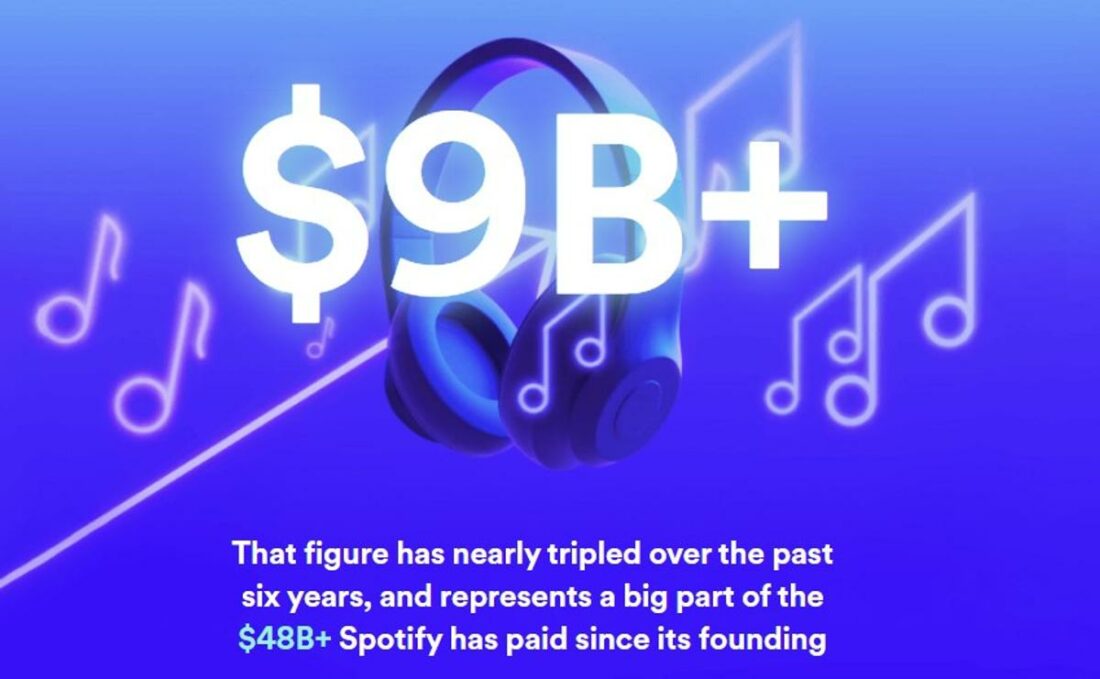
Since its IPO in 2018, Spotify has consistently lost money every year. In 2023 alone, Spotify had a net loss of €532 million.
A major reason for this is the large amount of royalties it pays, which make up about 70% of its sales. Last year, Spotify paid over $9 billion in royalties from a total revenue of $13.2 billion.
In response to these challenges, Spotify has been diversifying its content offerings to reduce its reliance on music royalties.
Spotify’s dive into podcasts, and now audiobooks, is a big shift towards this. This allows Spotify to compete with major players like Amazon’s Audible and open new revenue streams.
However, this move has required tough decisions, including reducing staff and cutting back on new audio content.
Spotify’s latest price hike is expected to help the company keep its market dominance and continue investing in new audio entertainment offerings.
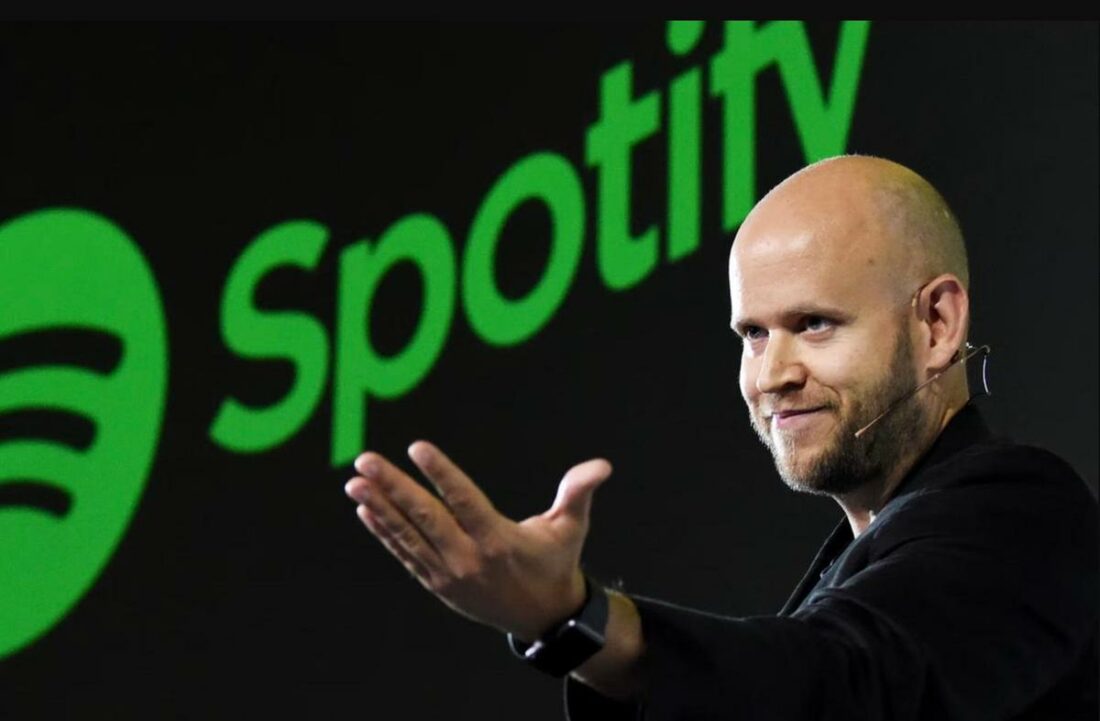
Last year, Spotify also raised prices to $10.99 a month for individuals and $16.99 a month for families in July 2023.
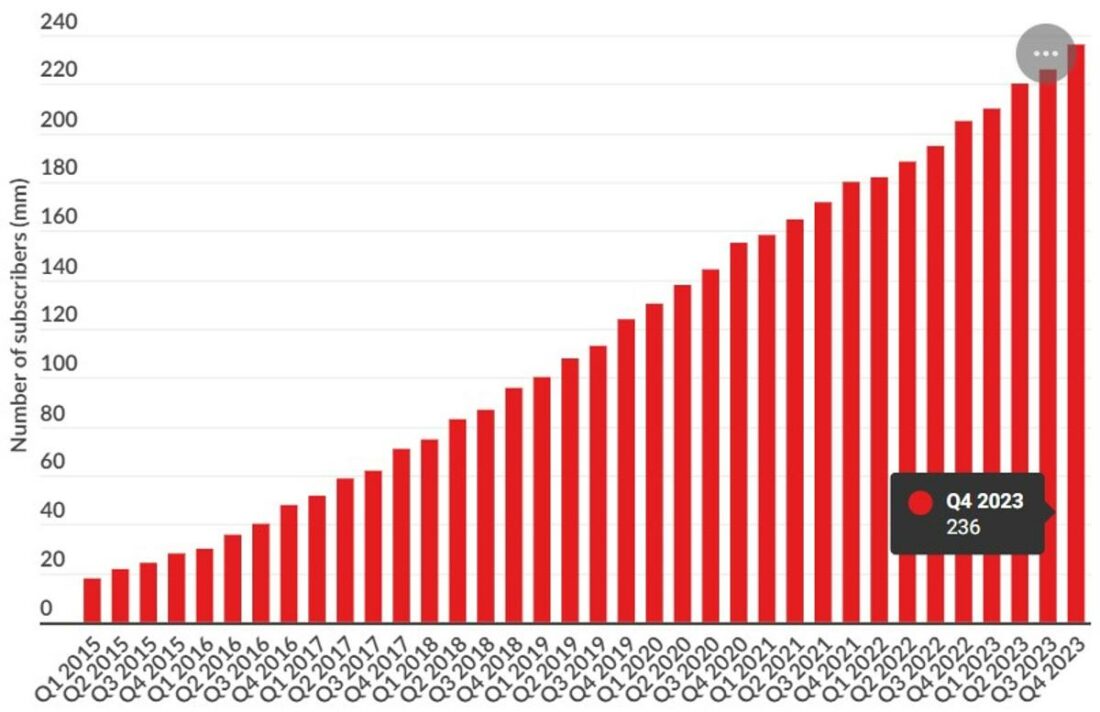
Despite the initial criticism, this price hike coincided with Spotify’s most substantial year of user growth, with 113 million new sign-ups. This brings the total user base to 602 million, including 236 million paying subscribers.
The Future of Streaming: Change Is Inevitable
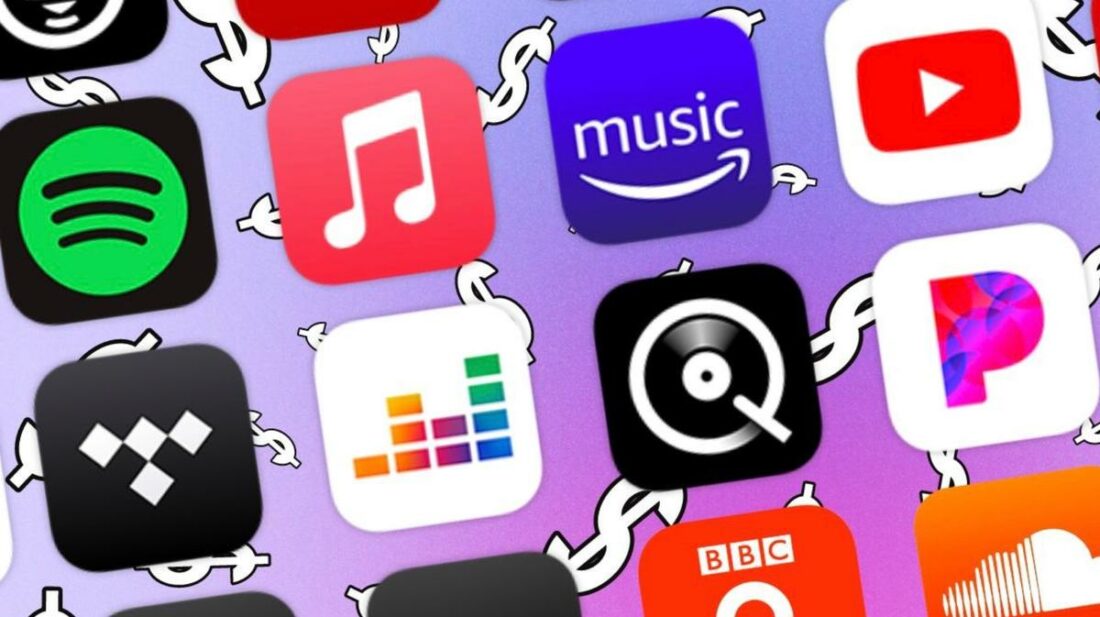
Music streaming is changing, with industry leaders and music companies pushing to reevaluate subscription costs.
Warner Music CEO Robert Kyncl says there’s an imbalance in the streaming world. According to him, current prices do not reflect the inherent value of streaming services.
“I do think that music is undervalued. Subscription price on streaming got established in 2011 in the United States at [approximately] $10 per month per user. Some are raising, but inflation adjusted, it should be $13.25 today.” said Kyncl.
“That is a long time without changing the prices. And effectively, we are the lowest form of entertainment where there is monetization — that doesn’t seem right.”
Financial analysts have quantified the potential impact of the proposed price adjustments. For example, Barclays estimated that if subscription prices went up by 10%, Universal Music Group and Warner Music Group could make an extra $430 million and $256 million, respectively.
